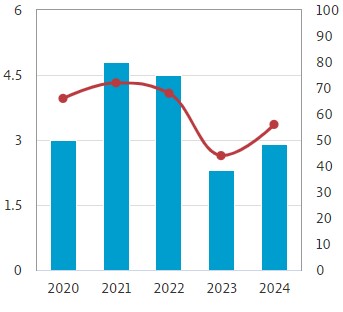Enhancing Industrial Reliability through Predictive Maintenance using Hybrid ML-DL Models
Abstract
This study Predictive maintenance seeks to anticipate equipment breakdowns and reduce unplanned downtime through the utilization of sensor data and sophisticated modeling techniques. This study introduces a detailed pipeline utilizing the AI4I 2020 Predictive Maintenance Dataset, a high-caliber synthetic industrial dataset that includes air and process temperatures, rotational speed, torque, tool wear, and failure labels from the UCI Machine Learning Repository. Our methodology includes thorough preprocessing, which involves the elimination of inaccurate measurements, the generation of engineering characteristics such as temperature difference and mechanical power, feature standardization, and stratified train-test division. Class imbalance is mitigated using SMOTE, which equalizes the proportion of failure and non-failure cases. We develop and enhance various machine learning models (Random Forest, XGBoost, SVM, Logistic Regression) and a Conv1D deep learning model specifically designed for sequential sensor data. Model performance is assessed using metrics like accuracy, precision, recall, F1-score, ROC-AUC, and log loss. Results indicate that Random Forest and XGBoost achieve good accuracy and balanced detection, whereas SMOTE markedly improves recall. The Conv1D network demonstrates significant vulnerability to failures, especially when class balancing is implemented. The innovation consists of combining domain-specific feature engineering with sophisticated oversampling methods and evaluating machine learning and deep learning algorithms on a practical maintenance dataset. Future endeavors will concentrate on implementing the model in real-time industrial settings, investigating hybrid architectures that integrate interpretability with sequential pattern learning, and assessing model robustness using live maintenance data.




